AI model predicts primary source of cancer using gene sequencing data
AI tool could help guide treatment in cases where traditional diagnostic methods cannot identify a primary source of cancer. …
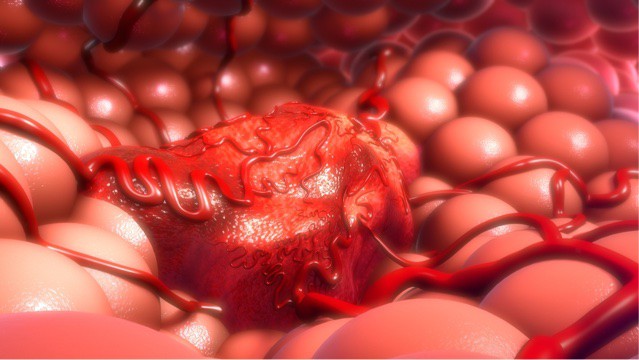
AI tool could help guide treatment in cases where traditional diagnostic methods cannot identify a primary source of cancer. …

Newly diagnosed multiple myeloma patients treated with a three-drug combination lived longer without their disease worsening if they received an autologous stem cell transplant soon after drug therapy. …
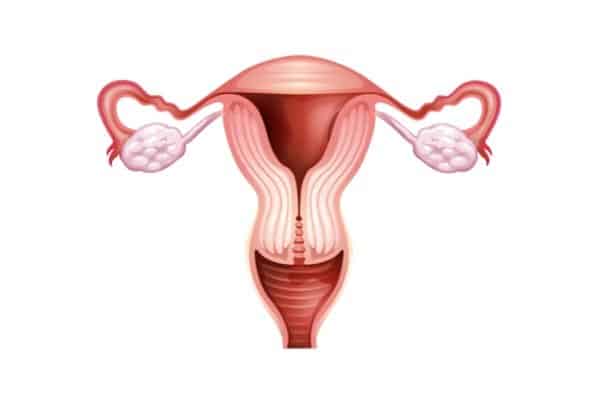
A combination of two targeted therapies caused tumors to shrink or stabilize in 75 percent of patients with recurrent or persistent estrogen receptor- (ER-) positive endometrial cancer …

A 2.5-year regimen involving the small-molecule drug ibrutinib and chemoimmunotherapy can provide deep, and lasting remission of chronic lymphocytic leukemia (CLL). …

A combination of two targeted cancer drugs showed unprecedented, clinically meaningful activity in patients with highly malignant brain tumors that carried a rare genetic mutation. …
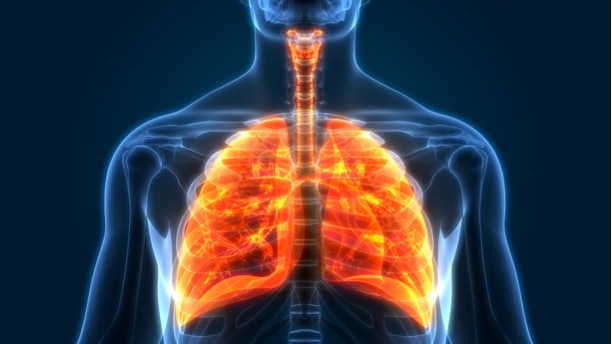
Antibody-drug conjugate produces a durable response in more than half of patients with non-small cell lung cancer (NSCLC) harboring a HER2 mutation. …
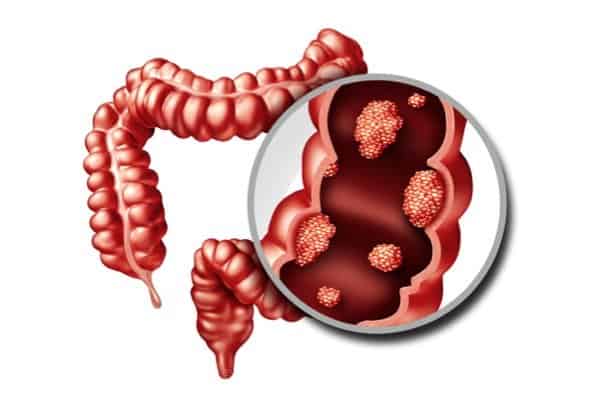
Consuming higher amounts of Vitamin D – mainly from dietary sources – may help protect against developing young-onset colorectal cancer or precancerous colon polyps. …
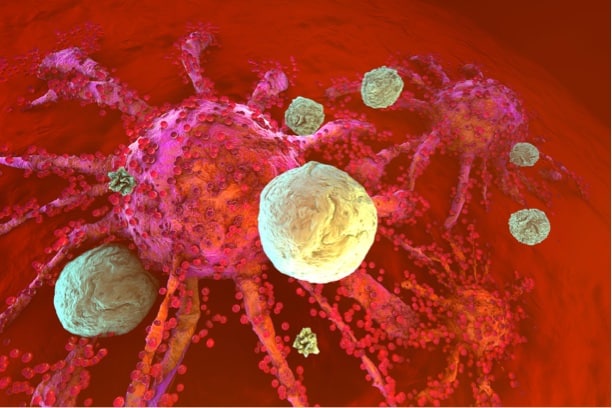
Nearly half of the patients who received combination immunotherapy for metastatic melanoma were alive a median of six and a half years after treatment. …
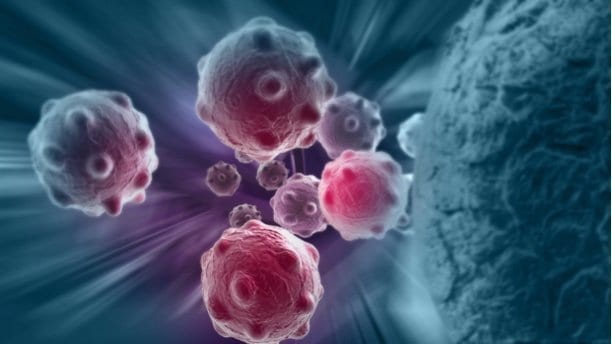
CAR T-cell therapy produces remissions in almost 75% of patients with relapsed treatment-resistant multiple myeloma. …
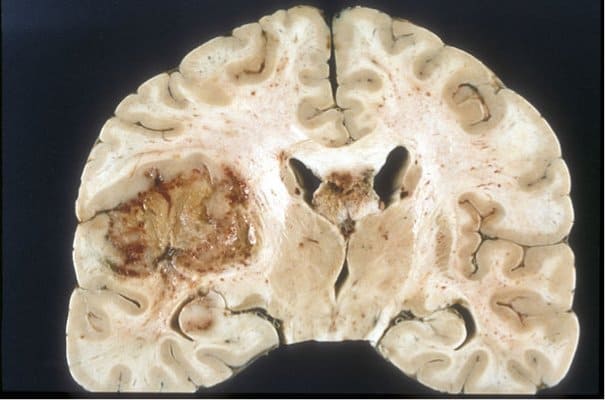
Scientists have discovered a potential new target for immunotherapy of malignant brain tumors. …
End of content
End of content